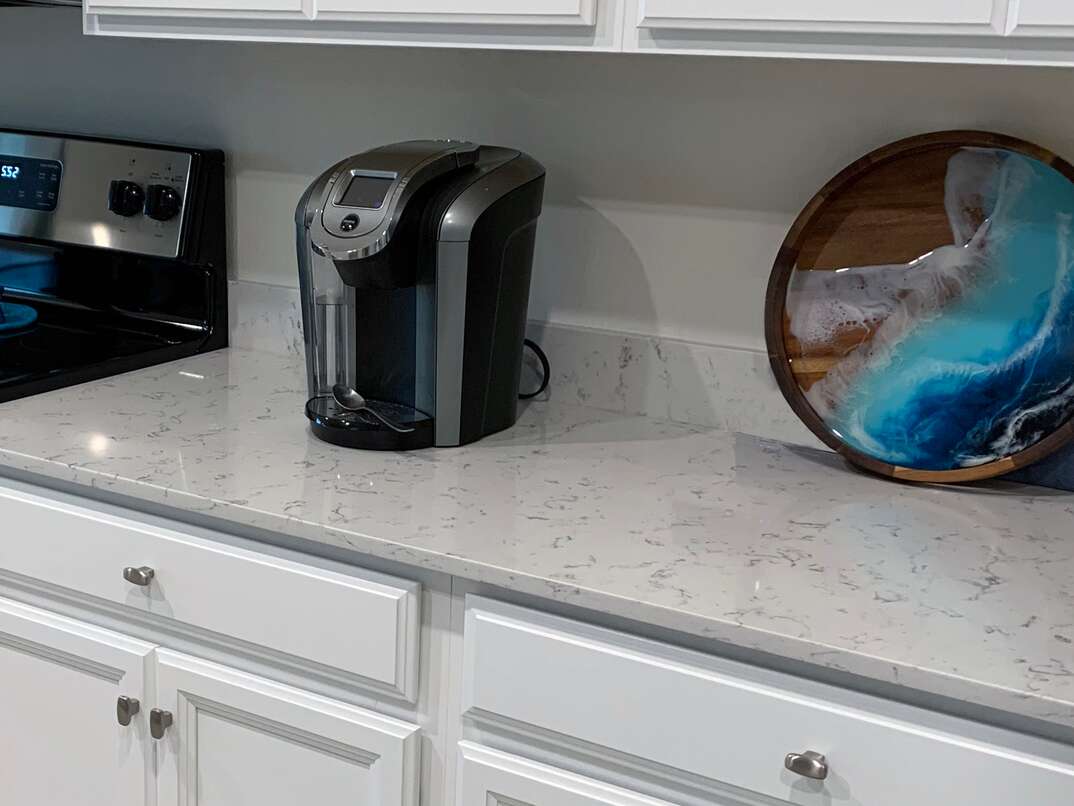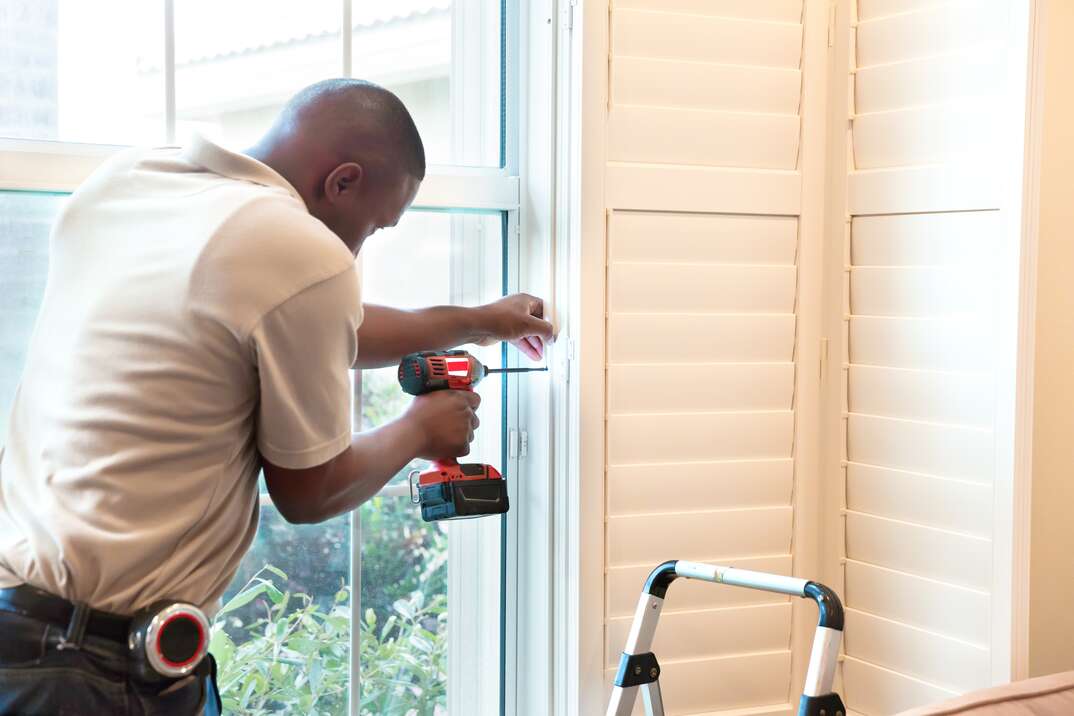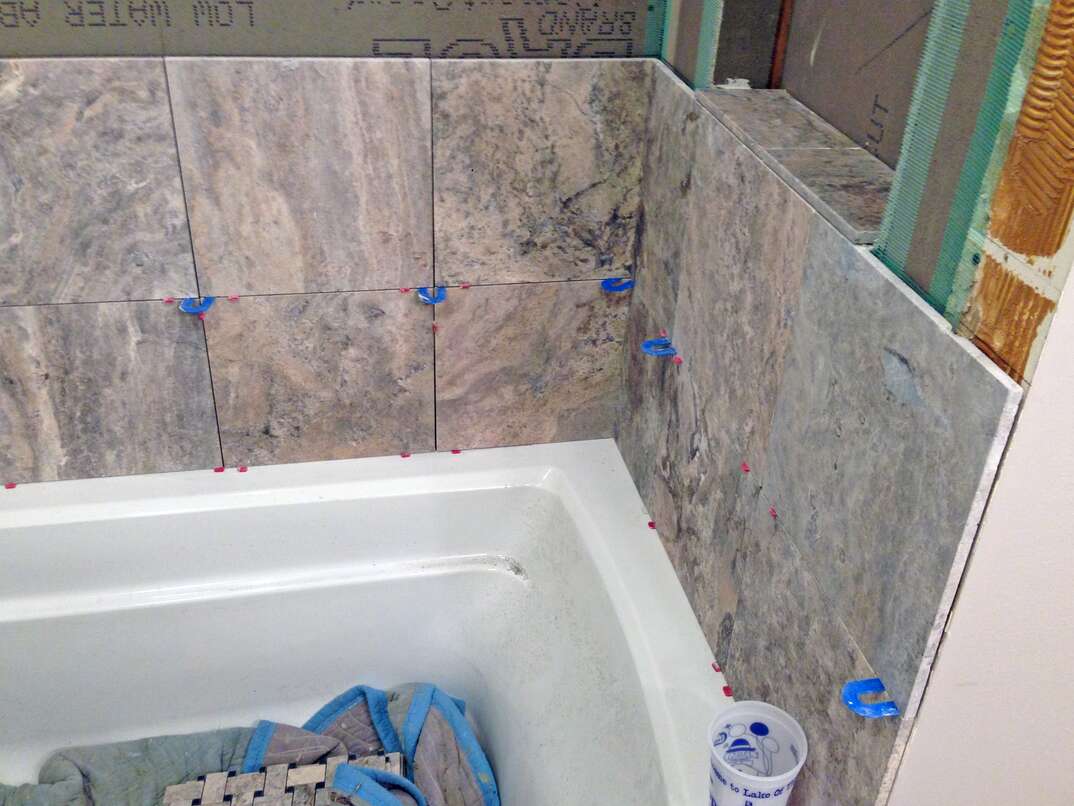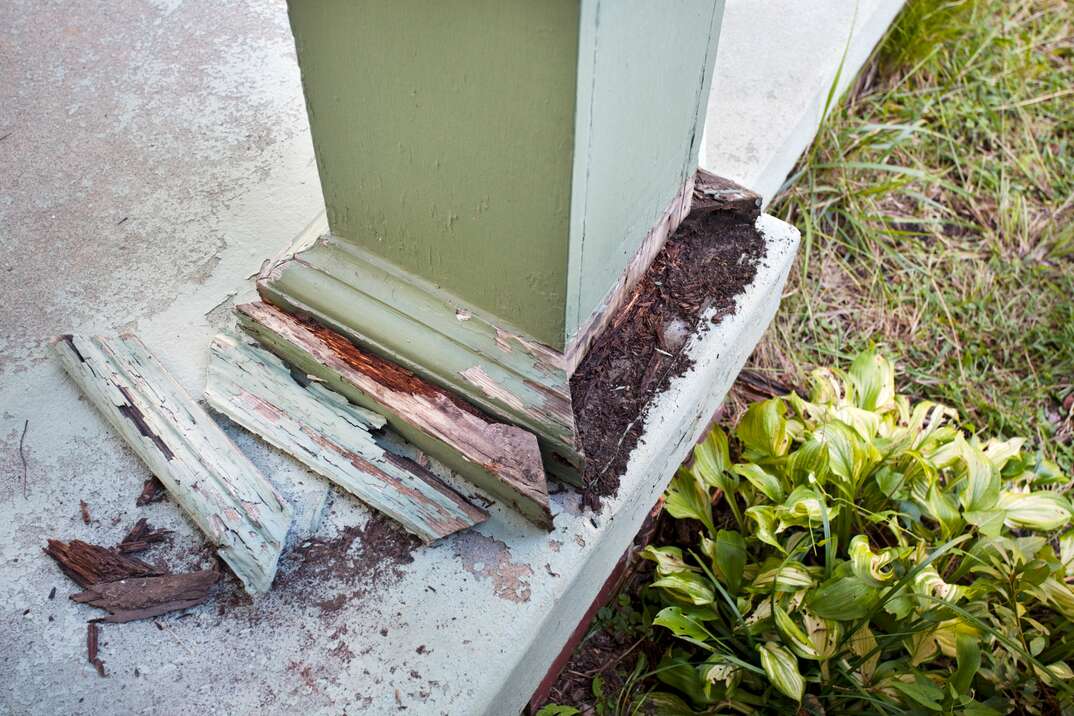How Much Do Quartz Countertops Cost?
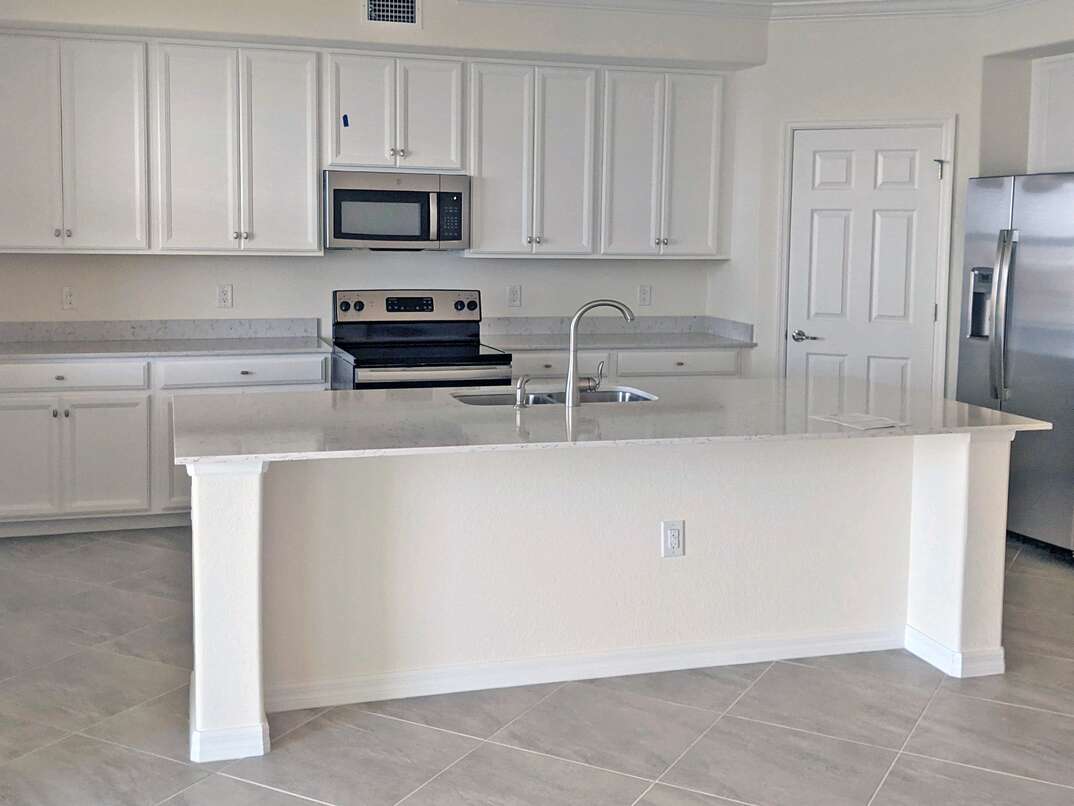
Quartz Countertop Costs at Glance
- Price per square foot: $60, average; $50-$150, range
- Labor/installation: $70 per hour; $15-$45 per square foot
- Total cost with installation: $1,000-$5,000
- Compare to marble: $75-$250 per square foot
- Compare to granite: $40-$100 per square foot
Quartz countertops are made of manufactured composite, which is mixture of ground quartz, synthetic resins and colorants. They are cheap to maintain because they’re homogenous and nonporous. They also come in a variety of different colors and designs, customizable to your liking.
This May Also Interest You: How Much Are Granite Countertops?
Quartz counters are a great option when improving your home because they're both beautiful and durable. If you're considering quartz, read on to learn more.
Quartz Costs
The total cost of installing quartz countertops will vary depending on the type of quartz you select and the size of the counter.
For materials, quartz costs $60 per square foot on average. Price can range from $50 to $150 or more per square foot depending on the type of quartz you choose.
If your contractor charges by the hour, expect to pay about $70 per hour in labor costs. Otherwise, labor will cost between $15 and $45 per square foot. You’ll also have to pay for the quartz to be delivered, which costs $150 to $200, and removal of your current countertop, which costs $300 to $450. Additional work — like making fixture cut-outs, installing sinks or edging — will also add to the total price.
Start to finish, expect to pay between $1,000 and $5,000 to have a quartz countertop installed.
Quartz Countertop Edge Treatments
You can have the edges of your quartz countertop custom cut. Here are some of the basic ways your contractor can finish out your countertop's ends and corners:
- Ogee: S-shaped cuts with sharp corners
- Bevel: Straight, angular 45-degree cuts against the edge
- Waterfall: Flows over the edge of the counter down to the floor
- Bullnose: Rounded and smooth corners
- Eased: Straight edge
Quartz Countertop Finishes
You can also customize the finish of your quartz countertop. Here are some common textures:
Polished
This a smooth surface with a glossy finish that reflects light. A polished finish highlights the pattern and color of the quartz. It’s also durable and long-lasting.
Honed
Honed quartz has less of a shine and looks more natural. This finish is more porous and requires extra maintenance.
Concrete
It's a lightly textured surface that appears grainy. It can be expensive to maintain because it's porous.
Rough
Rough quartz feels bumpy or coarse to the touch. This surface is the most porous.
Quartz or Granite?
Granite countertops offer a similar finish to quartz countertops for a similar price. Installed, granite countertops cost $40 to $100 per square foot, depending on the grade of granite you choose.
Quartz countertops are more stain- and heat-resistant than granite. They’re also nonporous, where granite needs to be sealed. Quartz countertops are made of 95% natural quartz and 5% polymer resin. Because they’re manufactured, you can get them in almost any color.
Quartz is becoming more popular than granite because of its:
- Chemical resistance
- Impact resistance
- Flexural strength
- Fire resistance
What’s the Difference Between Quartz and Quartzite?
Quartzite is a natural stone. This is why quartzite is generally much more expensive than quartz, which is factory-made. Quartzite is also more durable than quartz. It’s less likely to scratch and can handle heat well. Because the natural stone is porous, you will have to apply sealer to quartzite at least once a year.
More Related Articles:
- Countertop Costs Depend on the Grade of Granite You Choose
- Concrete Countertops: You’ll Never Take ‘Em for Granite
- How Much Does It Cost to Remodel a Kitchen?
- How to Install Kitchen Backsplash in 7 Simple Steps
- How Much Does It Cost to Paint Kitchen Cabinets?
Pros and Cons of Quartz Countertops
If you’re thinking about installing quartz counters in your kitchen or bathroom, these are some of the advantages and disadvantages to consider:
Pros
Antibacterial
Because it’s nonporous, quartz has antibacterial properties. There’s little risk of mold or bacterial growth, even in high-moisture areas.
Customizable
Unlike natural counters, manufactured quartz products are customizable. You can contact the manufacturer and ask them to make quartz counters in a color and style that fits your home. This also ensures your countertops will match your space. When buying natural stones, what you see on the website or in a showroom may differ from what you actually get because no two stones are the same.
Low Maintenance Cost
Quartz products are cheap to maintain because they’re nonporous. Unlike natural stones, they won’t need to be sealed or waxed.
Scratch and Stain Resistant
Scratches and stains are unavoidable in high-traffic kitchens and bathrooms. Quartz countertops aren’t as soft as some natural stones, making them resistant to scuffs, chips and stains.
Increased Home Value
A kitchen upgrade can make your property stand out among prospective buyers and boost its value. When selling your property, installing quartz counters can increase its value and make it attractive to potential buyers.
Disadvantages
Weather and Heat Resistance
Quartz counters cannot tolerate rapid temperature changes. You’ll have to use trivets or potholders to protect the surface from hot pans. If exposed to high heat, the resin can melt. In addition, they are only suitable for indoor use because they cannot withstand prolonged exposure to the sun.
Heavy
Quartz countertops may be too heavy for some cabinets to hold up. If your cabinets are not strong enough, you may have to reinforce them, which will increase the total installation cost.
Since we’re all home now more than ever, being prepared for unexpected home repairs with a plan from HomeServe is important. Having a plan in place gives you peace of mind knowing that you can simply call our 24/7 repair hotline for covered breakdowns. See what plans are available in your neighborhood.
